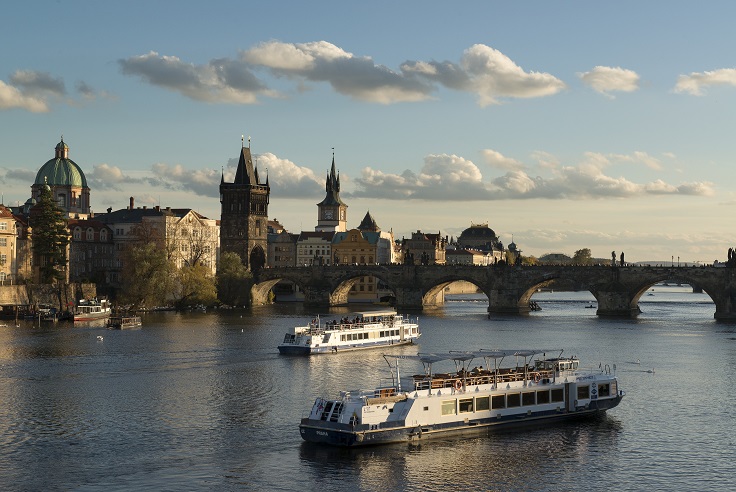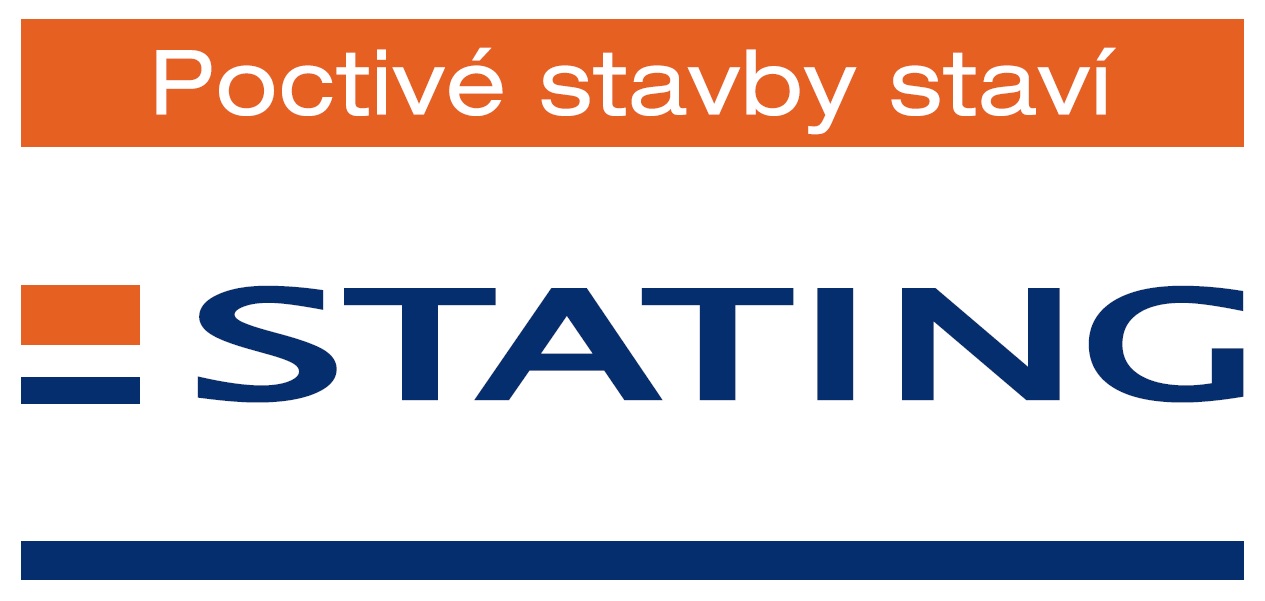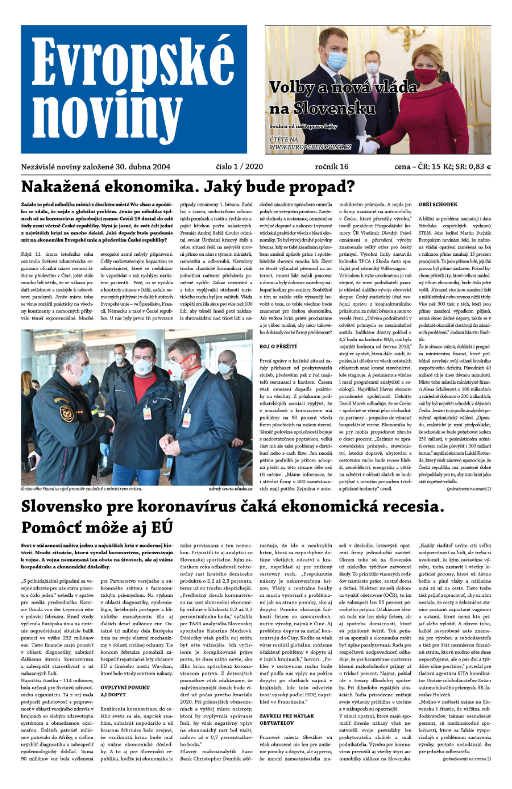More Tourists, Less Funding
 The number of tourists in both Europe and the Czech Republic has been growing despite the fact that, due to the political situation, there are fewer tourists from Russia. What is the EU response to the growing importance of tourism, and what are the possibilities of supporting the sector in the Czech Republic?
The number of tourists in both Europe and the Czech Republic has been growing despite the fact that, due to the political situation, there are fewer tourists from Russia. What is the EU response to the growing importance of tourism, and what are the possibilities of supporting the sector in the Czech Republic?
Tourism has never been considered a crucial sector of European administration. At the same time, however, this agenda is definitely not negligible. In fact, according to statistics from 2014, there are about 1.8 million companies active in the tourism sector, most of them being small and medium-sized enterprises.
In terms of inbound tourism, the Czech Republic ranks in the first half among the EU Member States. Also, in the past few years, the number of tourists has been continuously growing. Last year, a record number of 27.8 million of tourist came to visit, of which almost 11 million were from abroad. “The number of both foreign tourists and one-day visitors kept increasing, despite the decrease in the numbers of tourists from Russia. This adverse development was compensated primarily by increasing number of tourists from Asia and America” said Markéta Vogelová, the head of Tourism Institute of the CzechTourism agency, and added that, traditionally, the ones most interested in holidays in the Czech Republic are tourists from Germany. According to the agency, the tourists visiting the Czech Republic spent over 206 billion Czech crowns here, which proves one thing: Tourism and services connected to it are of growing importance for the Czech economy. Currently, tourism accounts for about three per cent of the Czech GDP.
While in the past years it was European funding that significantly helped to support tourism in the Czech Republic, the current programme period is not going to be that generous. The number of supported activities significantly decreased for the 2014-2020 period. The main difference from the previous periods is that marketing activities and projects of pompous waterparks, luxury golf courses and hotels, often criticised, lost their support. The same applies to the Integrated Regional Operational Programme, following on from ROPs, the most important programmes for support of tourism. On the other hand, the mentioned integrated programme also comprises subsidies partially supporting tourism, even though this is not the main objective of the programme.
Marginal support of tourism can also be found in many other operational programmes, even though usually just as added value, not the main objective. That is true of the Rural Development Programme, Operational Programme “Business and Innovations for Competitiveness”, and OP “Employment”. Programmes of cross-border co-operation are also becoming increasingly important for tourism, since they are the ones enabling the support for tourism between the Czech Republic and its neighbouring countries. For example, a new and unique technical museum worth 67 million Czech crowns should be established in Žamberk in the Pardubice Region. The project is supposed to get funding from the Operational Programme of Cross-Border Co-operation between the Czech Republic and Poland.
However, the structural funds are not the only source of money. Tourism is also marginally supported by the Interreg Central Europe co-operation programme, especially from the EDEN project. Through this project, the European Commission seeks less known regions in all the Member States, which are then granted awards and recommended as attractive tourist destinations. In 2015, the theme was local cuisine, and the winner was the region of Jeseníky. “Winning this European category among members of the professional jury is probably the greatest appreciation of our work so far. Jeseníky are now among 20 best destinations of the whole Europe!” said Andrea Závěšická, head of Jeseníky - Association for Tourism, after the results were announced. This year, the CzechTourism agency, which is the project co-ordinator in the Czech Republic, focuses on highlighting the regions that won in the past. Filip Appl
- Podrobnosti:
- Kategorie: Publicistika
- Zveřejněno 13. 6. 2016 13:08
Inzerce v Evropských novinách
Spolupracujte s námi a inzerujte v tištěném i webovém vydání.
Více info zde.
Rozhovory
-
Ochrana zvířat ve Francii
O ochraně zvířat ve Francii jsme si povídali s tiskovou zástupkyní organizace La Spa Muriel...
-
„Být Michalákovi občany Spojených států, tak jsou kluci už dávno ve své vlasti,“
tvrdí v rozhovoru o českých dětech odebraných v Norsku rodičům europoslanec Tomáš Zdechovský ...
-
„Evropská unie měla dávno přestat řešit hlouposti jako jednotné zásuvky a měla se zabývat problémem svojí bezpečnosti. To zanedbala,“ tvrdí bývalý náčelník Vojenské zpravodajské služby ČR, bezpečnostní expert Andor Šándor
(Evropské noviny - 6/2015) K evropským břehům míří plavidla plná lidí z Afriky, azyl na starém...

Evropské instituce
-
Evropský účetní dvůr
Zatímco v minulých číslech Evropských novin jsme se zaměřili hned na dvě významné soudní instituce, tentokrát se v naší pravidelné rubrice podíváme do světa financí. V našem hledáčku je totiž...

